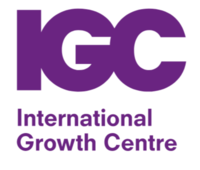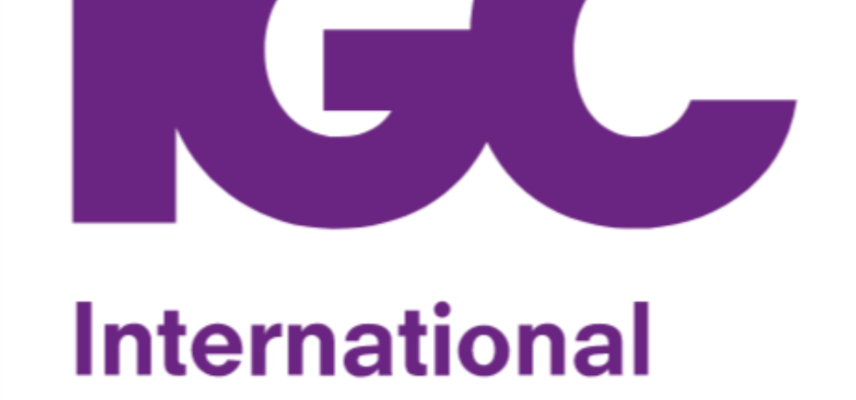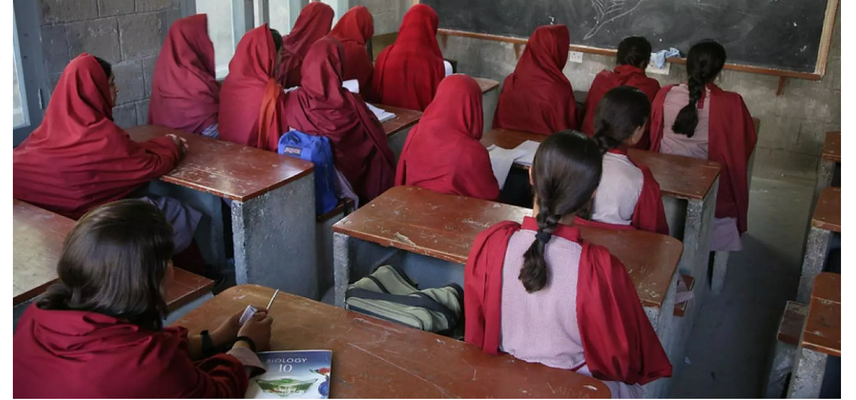IMPROVING ACCOUNTABILITY IN KHYBER PAKHTUNKHWA'S SCHOOLS
OUR AIMS
Can career incentives, accelerated or delayed promotion based on performance, improve teacher performance and student learning? If so, is it more cost effective to provide career incentives for headteachers, teachers, or both?
Pakistan has low student learning levels and accountability is a pervasive problem. The Khyber Pakhtunkhwa (KP) Elementary and Secondary Education (E&SE) Department wants to improve learning by increasing teacher and headteacher accountability through the reform of two dysfunctional accountability systems. Teachers have annual teacher performance evaluations with scores linked to promotions, but they are conducted at the end of the calendar year (overlapping two school years), performed by headteachers who find it difficult to criticize colleagues, and do not include teaching-specific measures known to improve learning. Headteachers face school inspections, but they are irregular, unstructured, and results often unreported. Thus, neither system motivates effort.
This research project aim to examine if career incentives (accelerated or delayed promotion based on performance) can improve teacher performance and student learning? If so, is it more cost effective to provide career incentives for headteachers, teachers, or both?
ABOUT THE PROJECT
The research team collaborated with the Elementary & Secondary Education Department Khyber Pakhtunkhwa (KPESE) to implement a randomised controlled trial (RCT) funded by the International Growth Centre to improve these two systems, tie promotions to performance, and assess their impacts.
The RCT involved 240 public primary schools in three districts in KP with four study arms:
- headteacher incentives via improved school inspections;
- teacher incentives via improved teacher performance evaluations;
- both headteach incentives via improved school inspections AND teacher incentives via improved teach performance evaluations;
- A control group.
The new teacher performance evaluations and school inspections were carried out by an independent third party, covering the academic year, and measuring teaching-specific outcomes that matter for learning. The independent inspectors ranked groups of teachers and schools based on pre-specified criteria, and teachers and headteachers had their promotions accelerated or delayed based on these rankings.
RESULTS
The study provided the KPESE Department with an evidence base to assess whether strengthening of career incentives is an effective policy to motivate educator effort and improve student learning outcomes.








